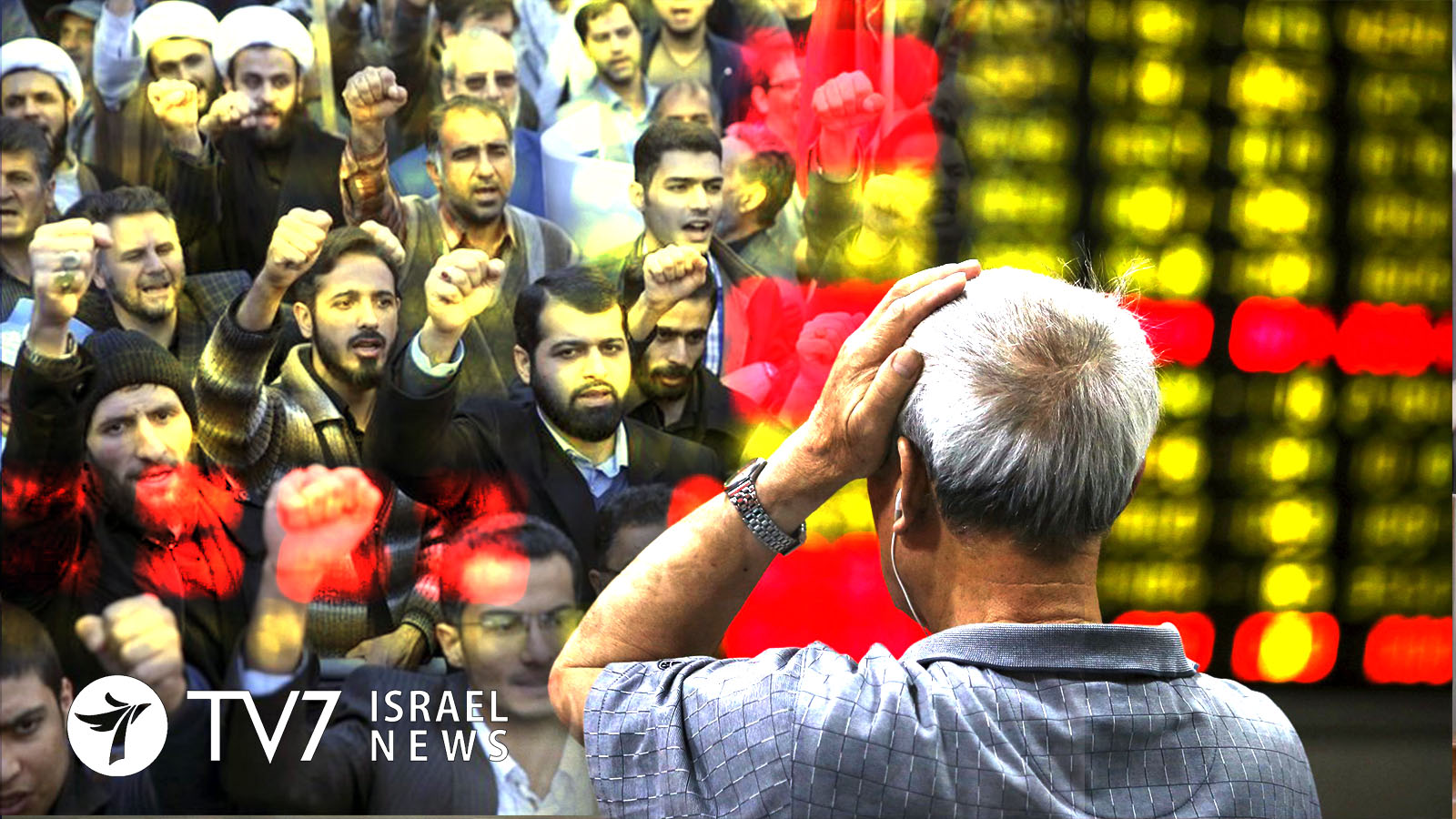The newly appointed State Department’s special representative for Iran, Brian Hook, accused the Iranian regime of bearing full responsibility for the deteriorating economic situation in their country. In remarks he made to a National Security Summit, the U.S. Special Representative for Iran stressed that the regime’s economic mismanagement has put the country in a tailspin – and instead of using the wealth generated from the 2015 multilateral nuclear agreement to boost the well-being of the Iranian people, the Ayatollah regime grabbed the newly acquired funds for themselves and used it to line the pockets of dictators, terrorists, and rogue militias. “Economically, the regime’s economic mismanagement has put the country in a tailspin. The rial’s value has collapsed in the past year. A third of Iranian youth are unemployed. A third of Iranians now live in poverty. Unpaid wages are leading to rampant strikes. Fuel and water shortages are common. And instead of using wealth generated from the JCPOA to boost the material well-being of the people, the regime grabbed it for themselves and used it to line the pockets of dictators, terrorists, and rogue militias. / For years, the Ayatollahs have wrapped themselves in the cloak of religion while robbing the people blind. This is why protestors in Iran are chanting to the regime, “You have plundered us in the name of religion,” Brian Hook, Special Representative for Iran.
With regard to the reason behind Washington’s decision to withdraw from the nuclear agreement with Iran, Brian Hook explained that while the nuclear deal was premised on the hope that Iran would moderate over time; the finances the Islamic Republic received have brought about a reality to the contrary, in which Tehran has bolstered its support of destabilizing forces across the Middle East. “The nuclear deal was premised on the hope that Iran would moderate over time, that it would catalyze Iran into abiding by international norms. But Iran still supplies the Houthis with missiles fired at Riyadh, Iran still supplies and supports Hamas’ attacks on Israel, and Iran still recruits Afghan, Iraqi, and Pakistani youth to fight and die in Syria. Thanks to Iranian subsidies, the average Lebanese Hezbollah fighter earns two or three times per month what a fireman in Tehran brings home,” Brian Hook, Special Representative for Iran.
Ambassador Hook further listed a number of annual transactions the Islamic Republic made, since the nuclear agreement was adopted, in 2015. Among others, Iran provided Hezbollah with 700 million dollars each year, it spend at least 16 billion dollars on supporting its proxies in Syria, Iraq, and Yemen, Iran has historically provided over 100 million dollars per year to Palestinian groups, including the Islamist and Islamic Jihad, and has extended at least 4.6 billion dollars in lines of credit to the Assad regime in Syria.
